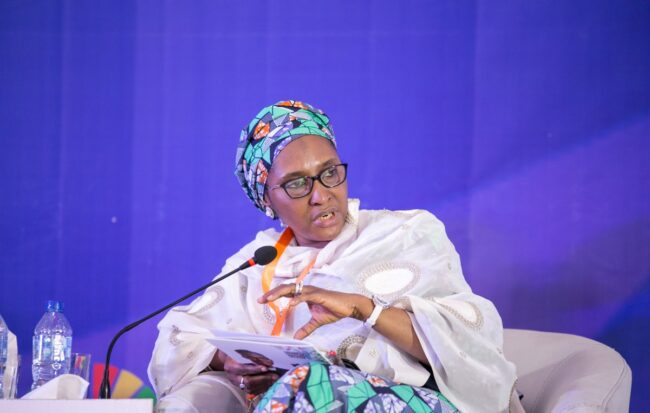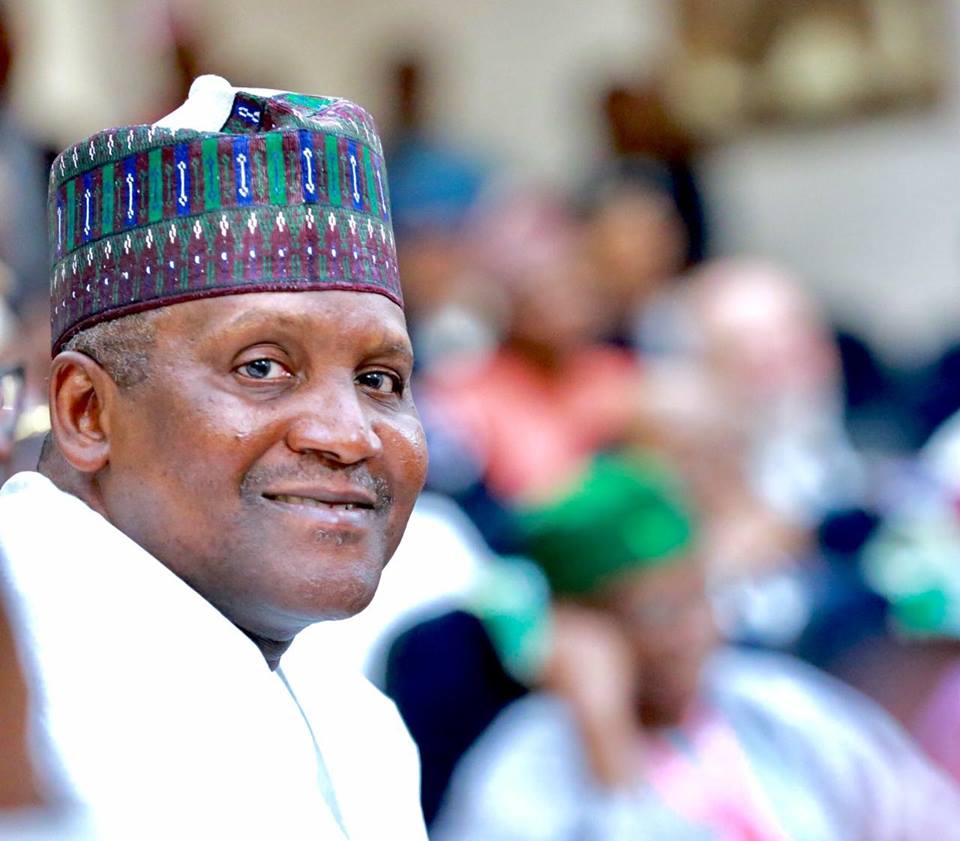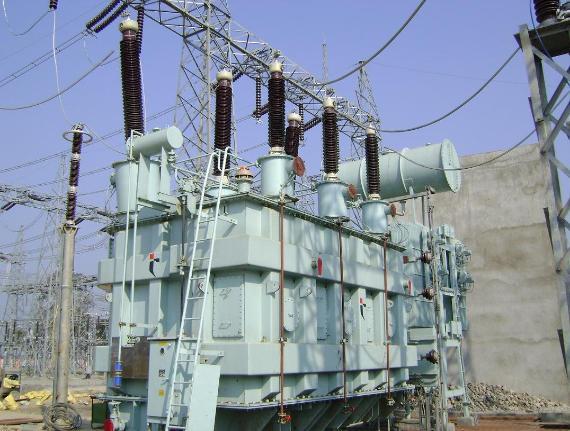Hafez Ghanem, World Bank’s vice-president for Africa, says the lender is in talks with the Nigerian government for a $2.5 billion concessionary loan.
Ghanem made this known in an interview on Wednesday in Abuja.
The Bretton Wood institution official said Nigeria received $2.4 billion from the bank in 2018.
“We’re talking about a new set of programmes of about the same amount, it should be about $2.5bn,” Bloomberg quoted him to have said.
Advertisement
“It’s important to resolve the problems of the power sector in Nigeria to bring in more investments. Because you need to bring down the cost of power to make the economy more competitive for the development of industries.
“Nigeria has a comparative advantage in that area because of the youth, a majority of the population is young. So if we want to create jobs, we need to invest much more in the digital economy.”
Ghanem said the World Bank would support Nigeria’s digital transformation because of its potential ability to transform other areas of the economy including industry, agriculture and services.
Advertisement
The latest figures released by the Debt Management Office (DMO) showed that the country’s debt increased by N560 billion between December 2018 and March 2019.
By March 2019, the total foreign debt stood at N7.8 trillion ($25.6 billion) while domestic debt was N17 trillion ($55.6 billion).
Foreign debt constituted 31.5% of the total debt stock while domestic debt constituted 68%.
The federal government had proposed N1.86 trillion as deficit in the 2019 budget to be funded by loans but it was reduced to N1.64 trillion by the senate before the budget was passed.
Advertisement
Commenting on the country’s debt profile, Zainab Ahmed, minister of budget, national planning and finance, said the country has a revenue problem; not a debt problem.
To this end, the federal government announced an increase in value-added tax to shore up revenue.
2 comments








another load again,what type of government is this, how would it be collecting load up and down. collecting loan is not the problem the problem is paying the loan up.
The Nigerian government should focus more on sourcing local financing and forget the tendency to resort to foreign instruments. There is excess money flying around locally that should be mopped up. Float more local bonds and bind the citizens to invest in their infrastructures and have pride in the results. There is money in Nigeria, stolen or otherwise! Foreign money come with stupid conditions sometimes which tend to eat away at our independence.